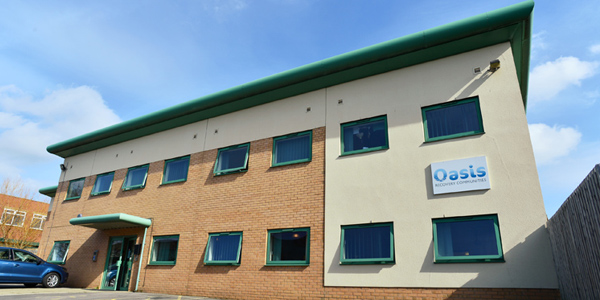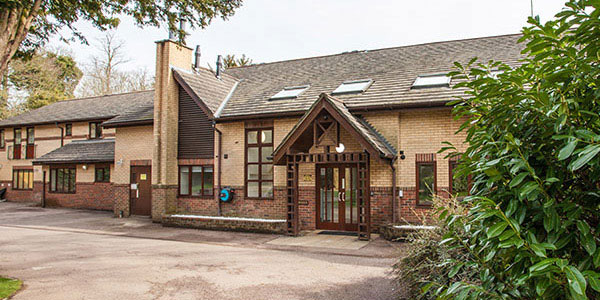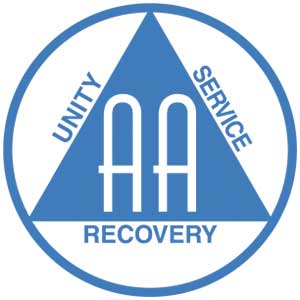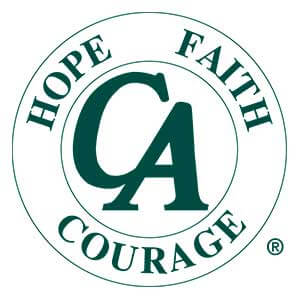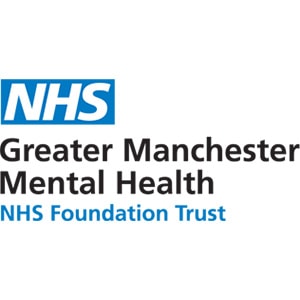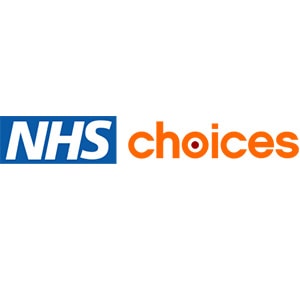Alcohol & Drug Rehab in Salford
Salford may not be the first place one might typically consider when thinking of addiction hotspots – but like every other corner of the UK, Salford county town is suffering from the blight of substance abuse. Alcohol, illegal drugs, and prescription medicine are all being abused and are taking their toll on Warwick residents and the town’s social fabric.
If you or someone you know are wrestling with addiction in or near Salford, it may seem that there is no way out from this terrible affliction. However, help may be closer than you think: read on to discover how rehab can help you overcome your addiction and get you back onto the path to a healthy, happy life.
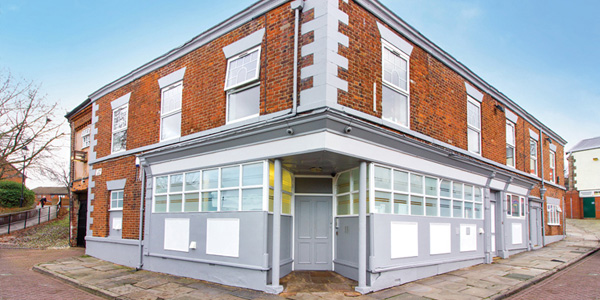
Oasis Runcorn is quite unique detox and rehab unit in offering two treatmen…
- Private
- Holistic Treatment
- Tailored Treatment Programme
- Residential
Featured Rehabs
Built in 2009, Oasis Bradford was originally commissioned by the Department…
Banbury Lodge is a private UKAT rehab facility based in Banbury, Oxfordshir…
Liberty House Clinic is a fully furbished detox and rehabilitation facility…
-
- Free
- Outpatient
- 12 Step
-
Achieve Recovery Service
The Orchard Community Hub
2 Langley Road South, Salford
M6 6GU0 review- Free
- Outpatient
- 12 Step
-
The Willows Centre for Health
Lords Avenue, Off Tootal Road
Salford, M5 5JR0 review- Free
- Outpatient
- Eating Disorder
-
- Free Service
- Outpatient
- 12 Step
- Load More
What is Rehab

Rehab – more properly “residential rehabilitation” – describes the process of staying at a dedicated facility to undergo treatment for addiction; “rehab” also describes the facility itself. Rehab usually consists of a detoxification (“detox”) phase, by which a patient’s system is cleansed of substances of abuse (during which process they usually go through a period of withdrawal, the worst effects of which may be ameliorated through various medications), followed by a longer period of therapy and care during which the root causes of their addiction are investigated and addressed, and they begin the process of learning to live without the substance or substances upon which they have come to rely.
In rehab, patients have the assistance of highly trained medical professionals who understand the nature of addiction and are on hand 24/7 to make the withdrawal and therapy phases as comfortable and safe as possible, allowing the patients to focus entirely on their own recovery and well-being, safe in the knowledge that the confidential nature of rehab means that their condition will remain secret.
Rehab is generally considered to be the most effective way of treating addiction, in that it tackles both the immediacy of physical dependency and the longer-term challenges of rebuilding an enjoyable and worthwhile life without drugs.
How can I get Someone into Rehab?
It is a truism that an addict will only become ready for treatment when they are able to admit to their addiction and voice a desire for help. However, the longer someone continues to bear the burden of addiction, the greater the damage they do to themselves and to those around them, and the higher the likelihood that their illness will have permanently catastrophic – even fatal – consequences. It is therefore imperative to get them help as soon as possible. While the NHS can offer some excellent addiction treatment services, demand is very high and the waiting time for some of those services can be very long. Therefore, if you would like advice on how to help an addict into treatment – or if you or someone you know are ready to take that step and reach out to help – don’t waste any time in contacting an addiction specialist to talk about the private options available to you in your area. Call 0800 024 1455 to speak with a professional today.
The Advantages of Private Rehab
The specific treatment programmes offered by rehabs vary from one facility to another, as do the level and type of facilities available. However, all have in common that they provide a secluded and secure environment in which healing can take place away from the temptations of an addict’s daily life (including of course access to substances of abuse). Patients will be assessed upon arrival to allow medical professionals to get a firm idea of their condition and the severity of their addiction before undergoing a supervised detox (which may involve the administration of relevant medication). After detox and withdrawal are complete, patients undergo therapy aimed at ensuring they understand what led them into addiction originally and preparing them to resist the temptation to rejoin that path.
Rehabs will typically offer tailored nutritional and physical fitness plans (on the basis that a healthy body is vital for a healthy mind) along with various other facilities; patients will also usually be offered free aftercare for up to a year after their stay in rehab, in the knowledge that recovery is not complete upon leaving the facility, but is a lifelong process.
What Does Rehab Cost Near Salford?
The cost of private rehab will vary from one facility to another depending on the nature of the treatment programs offered and of the standard of the facility in question (for example, luxury rehabs can logically be expected to cost more). Roughly speaking, standard costs in or near Salford range from £5,500 to £11,000 per month, although the cheapest treatment may be obtained for as little as £834 per week. For more specifics, call 0800 804 4755.
NHS Addiction Treatment Options Near Salford
Private rehab may not be an option for everybody – possibly for reasons of cost, or perhaps because you do not feel it is feasible for you to spend a significant period away from your family and/or work commitments. Do not give up hope if this is the case: there are a number of NHS and charity resources in and near Salford which can help you or a loved one tackle even the longest-standing addiction. Talk to your GP about which of these might be open to you and would be appropriate for your situation.
Advantages of NHS Treatment
Most obviously, one key advantage of going via the NHS for addiction treatment is that treatment will be free at the point of service: the cost of private rehab can discourage some addicts from seeking treatment (though compared with the costs – financial and in terms of physical and mental wellbeing – of not doing so and continuing with an addiction, this investment may seem minimal). The NHS also operates right across the country, thus making facilities comparatively very accessible (though, again, waiting times can be excessive). The NHS is also able to offer a high quality of service (though this does vary geographically).
Addiction Support Groups
Alongside treatment facilities and programs able to address the immediate challenges of addiction and dependency, various organisations are active across the UK helping addicts who are in recovery. Some of these operate on a support group model: groups of people who are themselves recovering addicts who convene at regular (often weekly) meetings for mutual support, advice on staying sober and clean, and simple companionship and friendship (which can be key for many addicts who struggle with loneliness after turning their backs on drug-abusing peer groups). Support group attendees may be only recently free from addiction, or may have been clean for long periods; they come from all demographics and are brought together by their shared experiences of addiction and recovery. Usually, attendance at such groups is free: the only requirement is a commitment to abstaining from substances of abuse.
The best-known support group organisation – and one on which many others have been modelled – is Alcoholics Anonymous (AA). Founded in 1935, AA provides the famous 12-step programme of personal and spiritual progress (one of the steps being to acknowledge that a higher power – such as God – governs one’s life and can help with an alcoholic’s recovery). Narcotics Anonymous (NA) was founded in 1953 based on the AA model and is the second-largest support group organisation internationally, specifically aimed at helping recovering drug addicts. Along similar lines are Cocaine Anonymous (CA), Heroin Anonymous (HA), Marijuana Anonymous (MA) and Crystal Meth Anonymous (CMA), all of which operate 12-step programmes. There are also support groups such as Al-Anon and Nar-Anon assisting the families and friends of addicts which typically hold meetings alongside those for the addicts themselves.
Each local support group chapter is run independently, and meeting schedules and venues are of necessity subject to change. To find information on meetings in or near Salford, see the relevant websites:
Alcoholics Anonymous
, Narcotics Anonymous; Cocaine Anonymous; Heroin Anonymous; Marijuana Anonymous; Crystal Meth Anonymous.
Types Of Counselling

Many recovering addicts – especially those with particularly busy schedules – benefit from individual counselling, which can be provided following the completion of a treatment programme at rehab or elsewhere as a supplement to that programme, but which is usually not considered an effective alternative to such a programme (in part because it would not provide medical assistance during detox and withdrawal). Individual counselling is also sometimes utilised as a means of managing an addiction in advance of engaging in proper treatment. Private addiction counsellors offer a huge variety of different approaches to therapy, and operate across the country; like regular psychotherapists, they are typically seen by private appointment on an ongoing basis – often weekly – charging by appointment. Access is usually limited to predefined working hours, although some councillors do make themselves available on an emergency basis.
How to Get to Oasis Runcorn from Salford
Oasis Runcorn is a unique detoxification and rehab centre in the heart of Runcorn, Cheshire, able to accommodate up to 34 patients at any time. Its spacious and tranquil environment, world-class facilities and hugely experienced and caring staff make this the perfect place to embark upon a recovery from addiction, and its intensive treatment programmes are aimed at healing on a holistic level, addressing medical, emotional, psychological and social needs. Support is available 24/7 and all patients completing treatment programmes receive 12 months’ complimentary aftercare.
To get to Runcorn from Salford, take the A5063 to the A57, then continue onto the M602 and then the M62. At junction 7, take the A557 exit towards Prescot and stay on the A557 to the Mersey Gateway Bridge/A533 toll road. Keep on that road to the A558; then follow signs to Runcorn town centre.
Oasis Runcorn
38-40 Bridge Street
Runcorn
Cheshire
WA7 1BY


